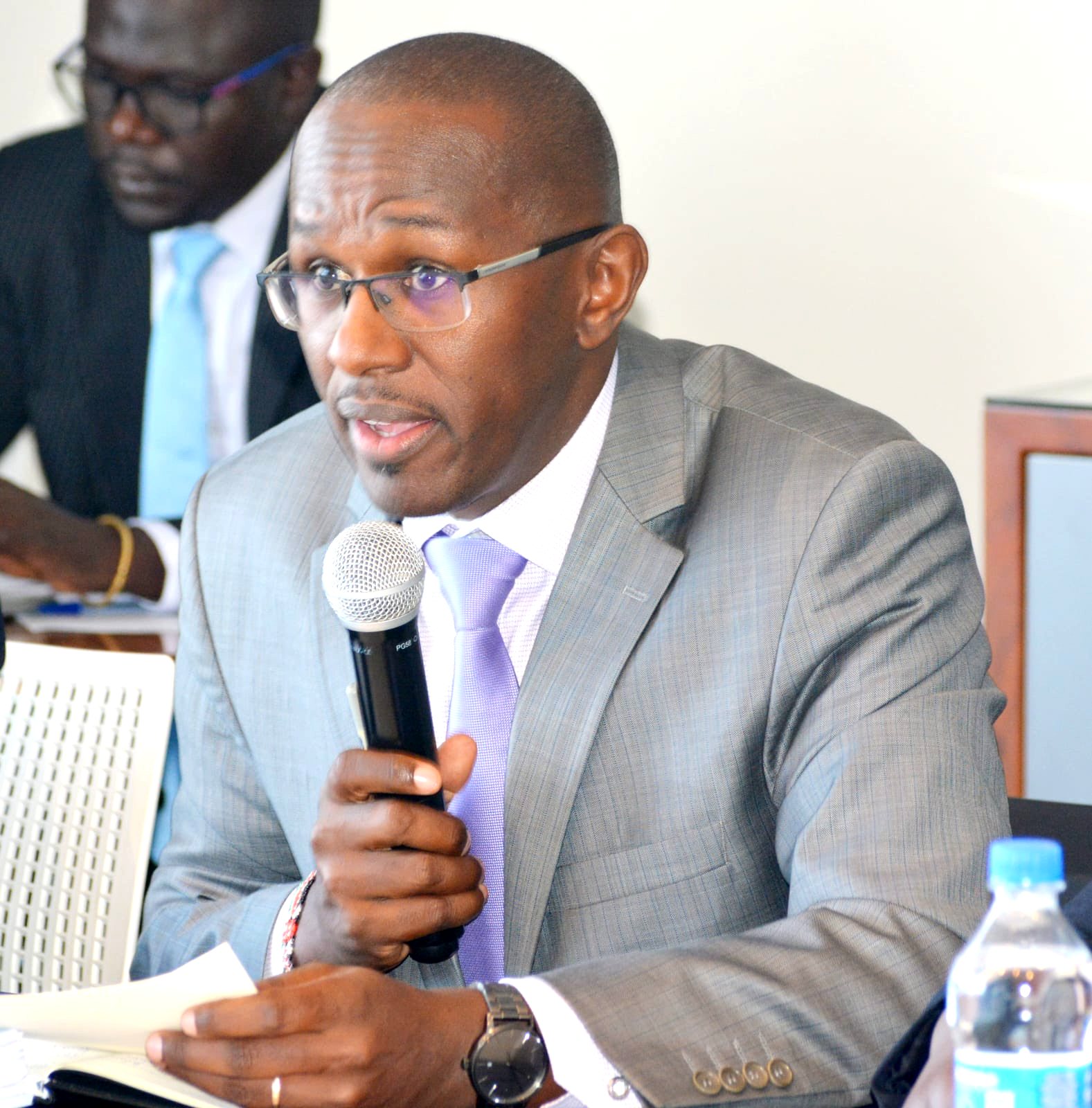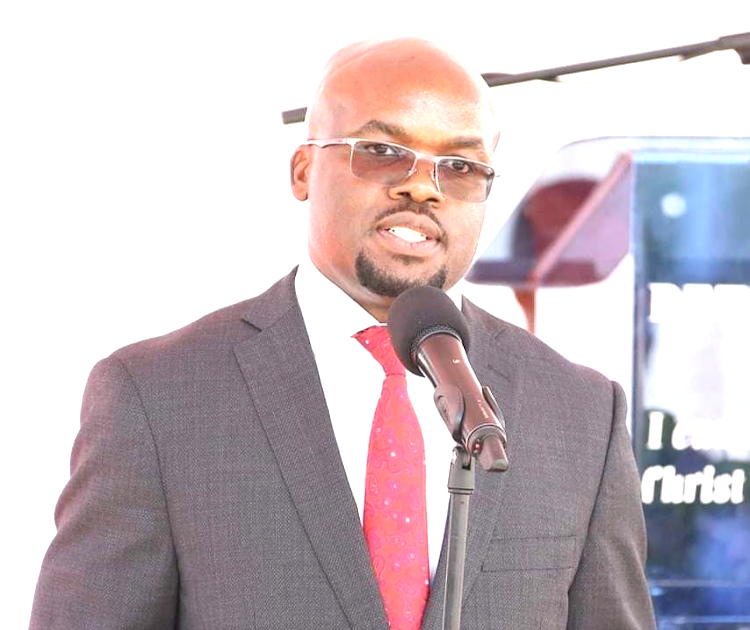By Munene Maina
Saccos across the country have introduced a raft of measures to tame the increasing number of loan defaulters.
Defaulters in the co-operative movement now risk having their assets seized by the Government to recover the monies owed to the respective savings and credit co-operative societies.
The Deputy Commissioner, Geoffrey Jang’ombe said defaulters owed the Saccos an accumulated more than Sh8 billion in loans which have not been serviced over the years yet the defaulters were still earning their monthly incomes apart from owning assets worth billions of shillings.
Mr. Jang’ombe said: “This is a matter we are not taking lightly and the law empowers us to take action against those defaulting as well as county governments which have failed to remit deductions as contributions to their respective societies.”
He said so far the Government had attached the accounts of the Mombasa County Government for failing to remit the monies it had deducted from employees to their various respective Saccos, adding that other counties that risked having their accounts attached included Nairobi and Nakuru
The noose is also tight on the necks of a large number of loan defaulters, who have formed the habit of taking loans from Saccos, only to leave their guarantor’s in the anguish of paying for them.
The annual increase of non-performing loans was a key concern during annual members and delegates meetings across the country among many societies.
In some, members had to contend with reduced returns for the year as Saccos had to increase their provision for bad debts eating into members dividends.
Saccos are required to set aside 4 per cent provision for bad loans against total loan portfolio.
The ratio of bad loans in the Sacco sub-sector has been a concern for management and regulator given that the credit lending model in Saccos is mostly premised on guarantorship and the deposits as collateral.
In some instances members vented their anger on top leadership who they accused of laxity in safeguarding guarantors from rogue borrowers.
Saccos’ leadership was at pains to explain to members and delegates on why the inflating provision of bad loans was decreasing their returns for the year.
An analysis by Sacco Societies Regulatory Authority, SASRA, contained in Sacco supervision report 2016, found that the ratio of non-performing loans to total gross loans increased in the aggregate from 5.12 per cent in 2015 to 5.23 per cent in 2016.
This demonstrated a marginal worsening of the loan recovery methodologies employed by deposit-taking Saccos.
“The ratio is relatively high compared with the WOCCU recommended industry average of 5 per cent and particularly given that the credit lending model in the deposit-taking Saccos is mostly premised on guarantorship, as well as the deposits collateral, both of which are meant to cushion Saccos against bad loans,” read the report.
The authority has been working with Saccos on best credit practices aimed at reducing the ratio to below 3 per cent in order to improve their balance sheets.
The distribution of non-performing loans ratio among the 175 Saccos indicated only 88 were able to keep their ratio below the 5 per cent threshold.
Others had over 5 per cent ratio, with 47 Saccos registering 10 per cent and above.
This gives a picture of a huge number of Saccos potentially have bad loans.
The criteria for assessment and classification of loans by deposit-taking Saccos are prescribed in Regulation 44 of the Regulations 2010.
The International Accounting Standard Board (IASB) issued the final version of International Financial Reporting Standard 9(IFRS 9) on financial instruments to replace International Accounting Standard (IAS) 39 among other versions.
The changes were effective for the period on or after January 1, 2018.
“The changes will significantly affect the loans report in financial statements as any changes in loss allowance balance are recognised in profit and loss statement as impairment gain or loss,” said Paul Chirchir, Kenya Highlands Sacco Supervisory chairman.
A number of Saccos announced a change of strategy in recovering overdue loans.
In an aggressive loan recovery strategy, Dimkes Sacco announced collection in excess of Sh100 million from defaulters last year.
“Loan default has been a challenge but our resolve is to keep enhancing our debt collection. We will continue to ensure loans are paid promptly to enable us to serve the needs of our members,” said Mrs Margret Muiruri, Sacco’s chairperson.
She said the Sacco had sadly sold some members property to recover loans in addition to reporting defaulters to Credit Reference Bureau (CRB).
Bandari Sacco chairman, Ken Sungu, told delegates that statutory requirements of provision of loan delinquency were a concern that was affecting payout to members.
It was the same script at Kenya Midland Sacco where the chairman Charles Mutai reported to the delegates meeting that low savings and growing default rates contributed largely to society’s reliance on external borrowing.
Ndege Chai chairman Daniel Sang regretted that loan delinquency continued to be a challenge to the Sacco observing that an increased level of delinquent loans will demand an increased level of provisioning which meant reducing the amounts available for distribution to members.
“I urge all members to ensure that they apply for loans within their limits. On our part, we will ensure that the credit policy is implemented to the letter so as to ensure quality loans. We have ensured no Sacco money will be lost,” he said.
He expressed concern as society’s total deposits were way below the loan portfolio forcing it to seek expensive external funding.
Simba Chai Sacco in tightening risk management system allowed members who were not able to pay their loans through a check-off system to pay through cash in a move aimed to protect guarantors and the society.
“The current regulation requires that we make a financial provision for a different class of loans depending on risk levels,” said Joseph Mitei, Simba Chai chairman.

“Lending carries the biggest chunk of the risk. We want to ensure that the Sacco has the best strategy in recovering unpaid loans,” said Daniel Marete, Solution Sacco Chief Executive Officer (CEO).
Kamisitu Sacco CEO Peter Kariuki whose Sacco offers mobile loan app product said they have addressed the issue of data security. “We are alert to ever-changing risks in lending and we have employed an appropriate mechanism to phase out defaulting,” he said.

In Mudete Sacco, members still have loan debts to the tune of more than Sh93 million. Sacco chairman Samuel Muhanji urged them to pay within stipulated time for the efficiency and also enable other deserving members to access the credit. He said the bad loans affected members earning.
“As much as we are blacklisting the defaulters we are also exploiting other options of taking them to the tribunal court besides engaging debt collectors’ services to assist in the follow up,” he said.
Charles Mbuvi, Nyati Sacco Chairman, assured delegates they had improved on the management of delinquency and recovery.
Siraji Sacco has introduced credit recovery strategies that include engaging auctioneers, debt collectors and listing defaulters to CRB.
This is after the provision for loan losses for last year increased significantly. Safaricom Sacco Supervisory Committee also recommended a raft of measures to mitigate the defaulting malaise which are stringent appraisal process and reasonable guarantor policy.
An increase in defaulted loans negatively affecting the organizational earnings and rebates to members.
“We need to help our members plan ahead on any possible hiccups that can distract their smooth servicing of all loans acquired from the Sacco,” said Boniface Mugo, a director with Cosmopolitan Sacco.
Kitui Teachers Sacco also plans to reduce cases of loan defaults and has partnered with Trans Union to share credit information with other financial institutions.
The Sacco Chairman, Dr. Joseph Kithome said the move would stabilise the Sacco as cases of loan defaults would be minimised and members with bad credit history planning to join the society would be rejected.
Interest from loans advanced to members is among the highest earners for most Saccos.
This could explain why they have drawn daggers out in pursuit of loan defaulters.


